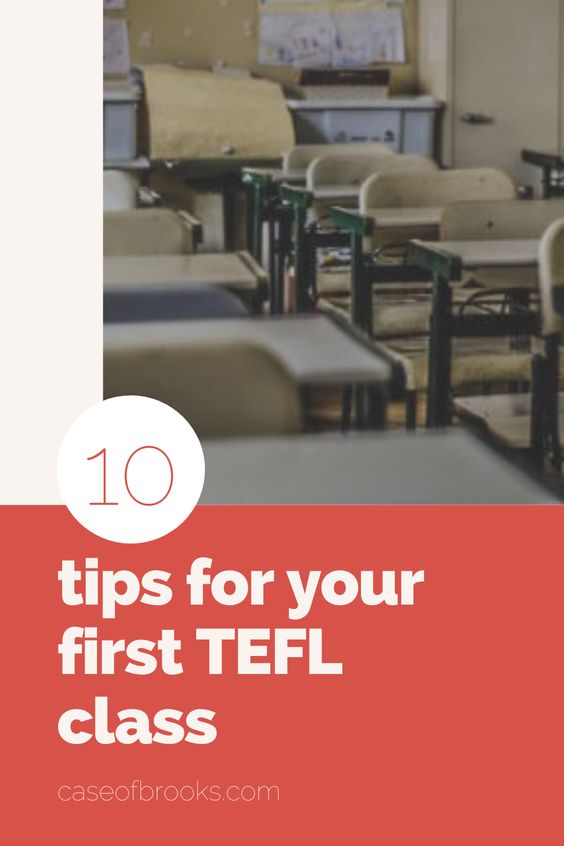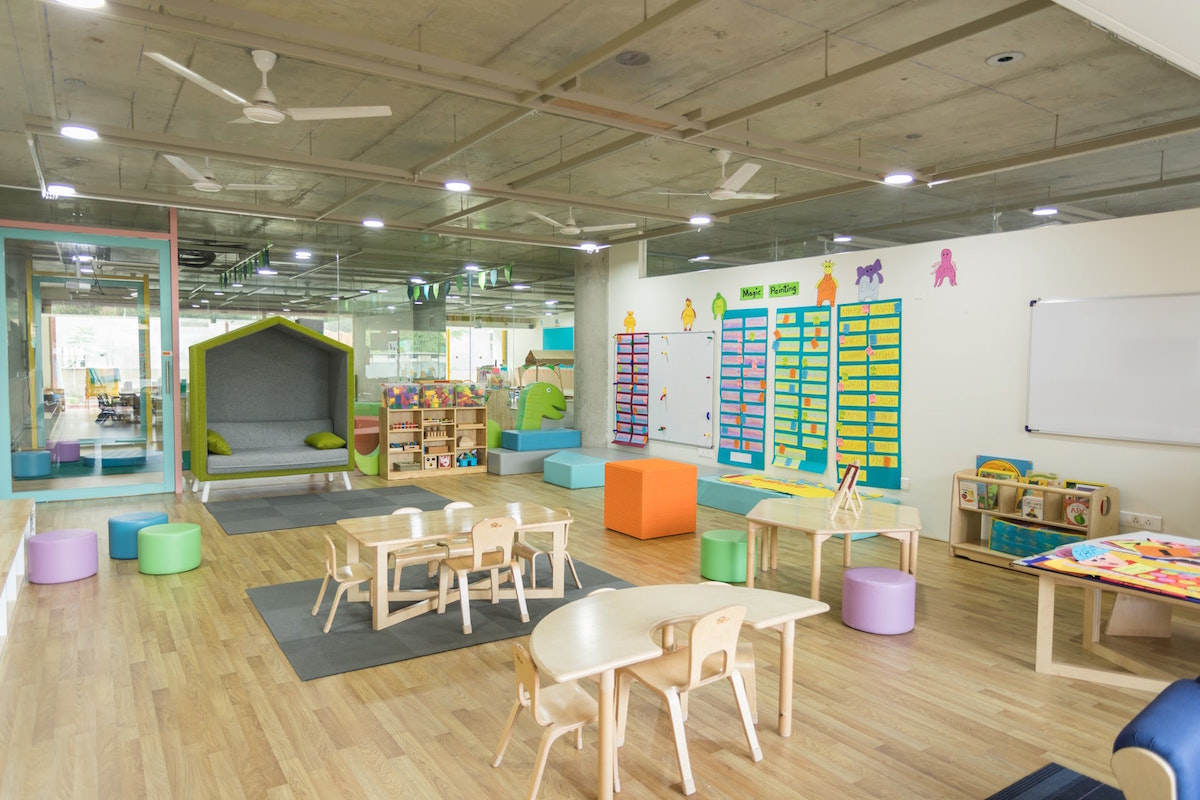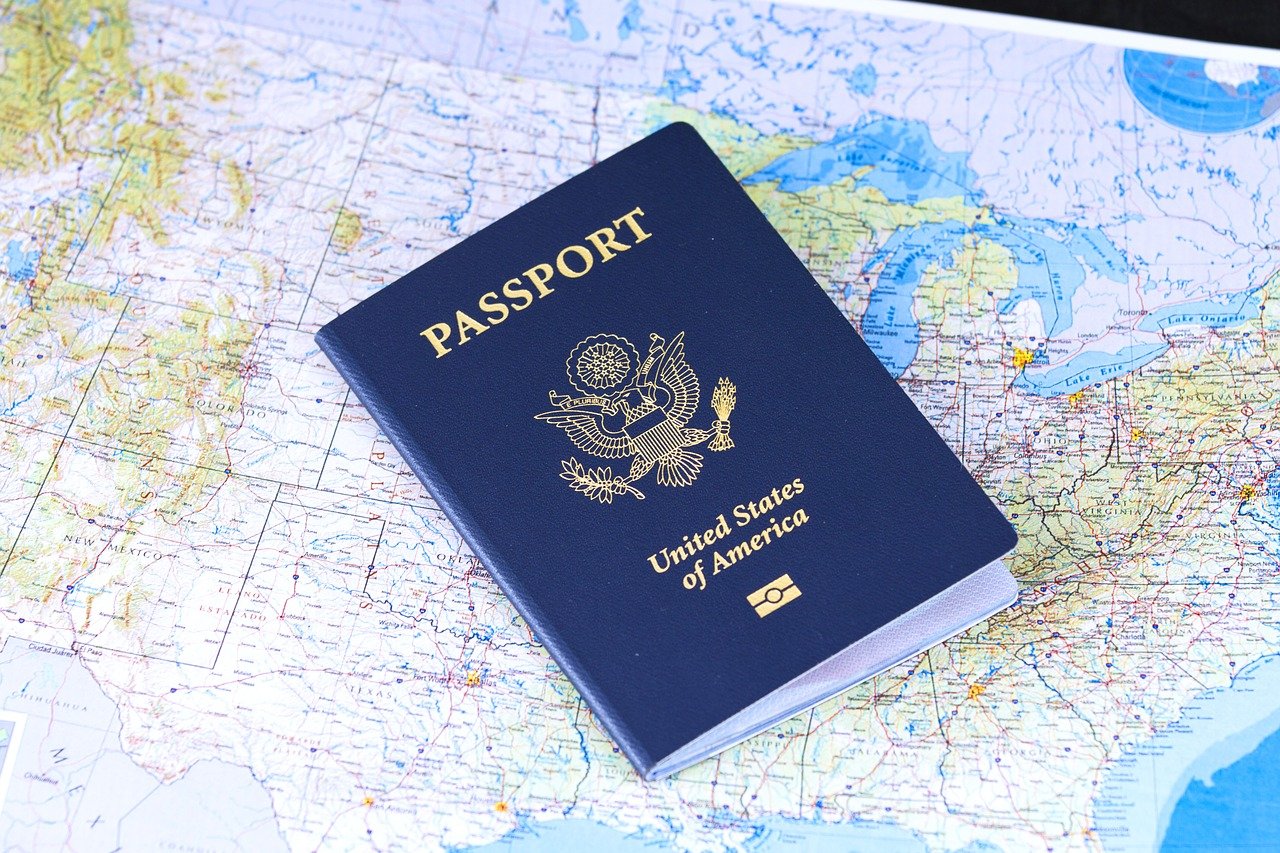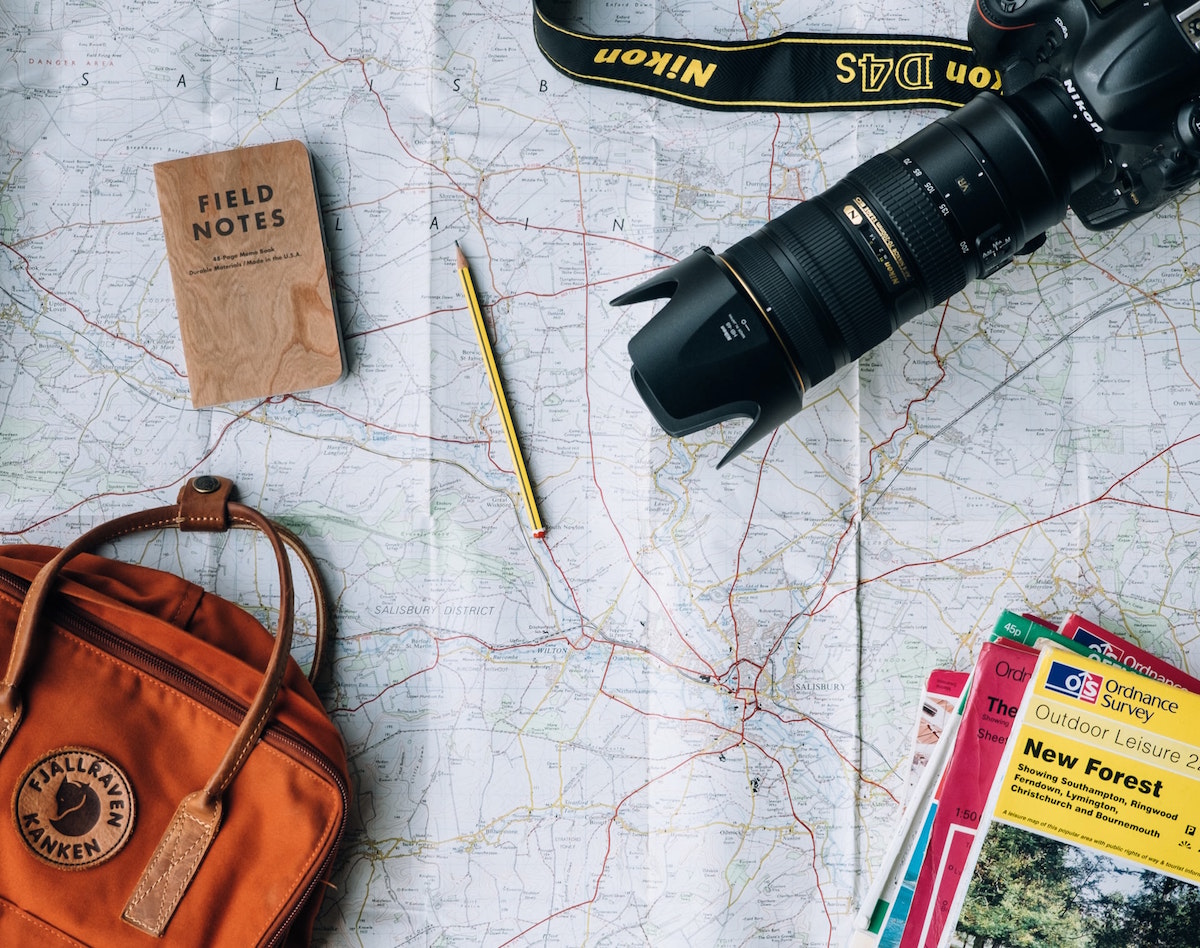
10 Tips for Your First TEFL Class
Congrats! You received your TEFL certification and got hired to teach your first class, wherever in the world that may be! Teaching for the first time is both scary and extremely exciting. I’ll never forget my first time teaching in front of a class in Barcelona. I spent about a week planning the perfect first lesson and barely slept the night before. I was absolutely terrified of failing my students who I hadn’t even met yet.
Looking back on my first TEFL class, I realize now there was no reason to be so stressed out about it — and you shouldn’t be either! You were hired over other candidates for a reason, because of your unique skills and qualifications, so don’t doubt your abilities. To ease the first-class butterflies you may be feeling, here a few tips to help you absolutely kill it:
1. Know Your Demographic
Before your first class, make sure you know the answers to the following questions so you can plan your lesson accordingly. If you don’t know the answers, reach out to your school and ask.
- How old are my students? Of course, you need to know the age range of your students as this will impact the materials you use throughout the lesson.
- What English level are my students? Again, another need-to-know in order to plan your lesson. Are they total beginners or have some students had English classes before?
- How many students are in the class? This is important to know as you will likely want to do a few activities in groups or pairs throughout the lesson.
- Why are my students taking this class? Is this class mandatory in your school or is this a business class for adults who need to learn specific English vocabulary/phrases?
2. Be Prepared
Do. Not. “Wing It”. There is no “winging it” as a TEFL teacher, there just isn’t. You need to have a detailed lesson plan and be over-prepared. Have a few filler activities planned in case your class finishes early. If you received your TEFL certification from an accredited company, then you likely learned how to create great lesson plans during your certification. Make sure you have all your materials printed and print extras. On your first day of class, I would avoid using any audio or video tools until you are familiar with your classroom and what technology you will have access to.
3. Have an Aim
What do you want your students to accomplish by the end of the lesson? As you prepare your lesson, make sure each activity you have planned relates back to what you want your students to achieve by the end of class. Especially on the first day of class, you want your students to walk away from the lesson with the feeling that they learned something new and useful that they didn’t know before.
4. Arrive Early
Along with being prepared, make sure you get there early. If you can, do your commute the day before so you know exactly how to get to your school and how long it will take to get there. Allow yourself time to find your classroom and get things set up before your students arrive.
5. Introduce Yourself
Of course, you will want to introduce yourself at the beginning of class, the age and level of your students will determine how you do this. With preschool children, just a “Hello” (you can even start with a fun “Hello!” song) and your name will be all you can do as they won’t understand anything else. But with older students and adults you can have more fun. Maybe bring in some pictures or play a fun game like “Two Truths And a Lie”. This is your students’ first impression of their new English teacher, so make it count!
6. Start with a Fun Warmer
After you introduce yourself in a fun and thoughtful way, instead of jumping right into grammar, set the tone of the lesson with a fun warm-up activity. Try to make the activity interactive to involve all students and ease any anxiety they may have about the lesson.
7. Give Clear Instructions
For any activity you have planned, make sure your students know what the task is that they need to complete. Even if you have clear instructions written out on their worksheets, they still may not be able to read or understand the directions. It always helps to provide an example or do the first task together so they know how to go about it.
8. Don’t Be Afraid To Correct Your Students
Students need to be aware of their mistakes in order to not make the same mistake in the future. If you never correct them, they will never learn. However, you always need to be careful about when you correct them and how you do so. Pronunciation is always a quick fix that students want to be corrected on and want to master. For mistakes such as a misuse of a grammar tense or sentence structure, you have to be more careful about how you go about correcting them as you don’t want to lower their confidence or make them feel embarrassed for speaking. On the first day of class, it’s a good idea to write down the mistakes you hear throughout the lesson and plan your future lessons around those problems your students are having.
9. Ask, Don’t Tell
You want to create a student-centered classroom where the students speak more than the teacher. This will allow the students to learn from one another, which can be more effective than learning from a teacher. If you want to teach the students the word “apple”, don’t hold up a flashcard and tell them, “This is an apple.” Ask them, “What is this?”. This will get the students involved in the lesson and keep them engaged.
10. Have fun!
You have one of the most rewarding jobs in the world, don’t forget to have fun! As long as you are prepared, you will have a great first class. If you don’t have fun teaching than your students won’t have fun learning — and we don’t want that to happen. Enjoy your time teaching and your students will enjoy learning from you, simple as that.
Stick a pin in it:




